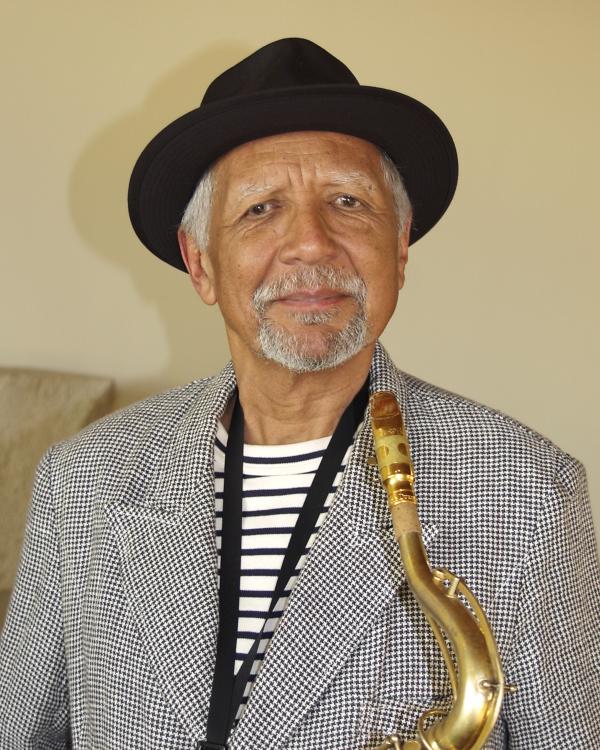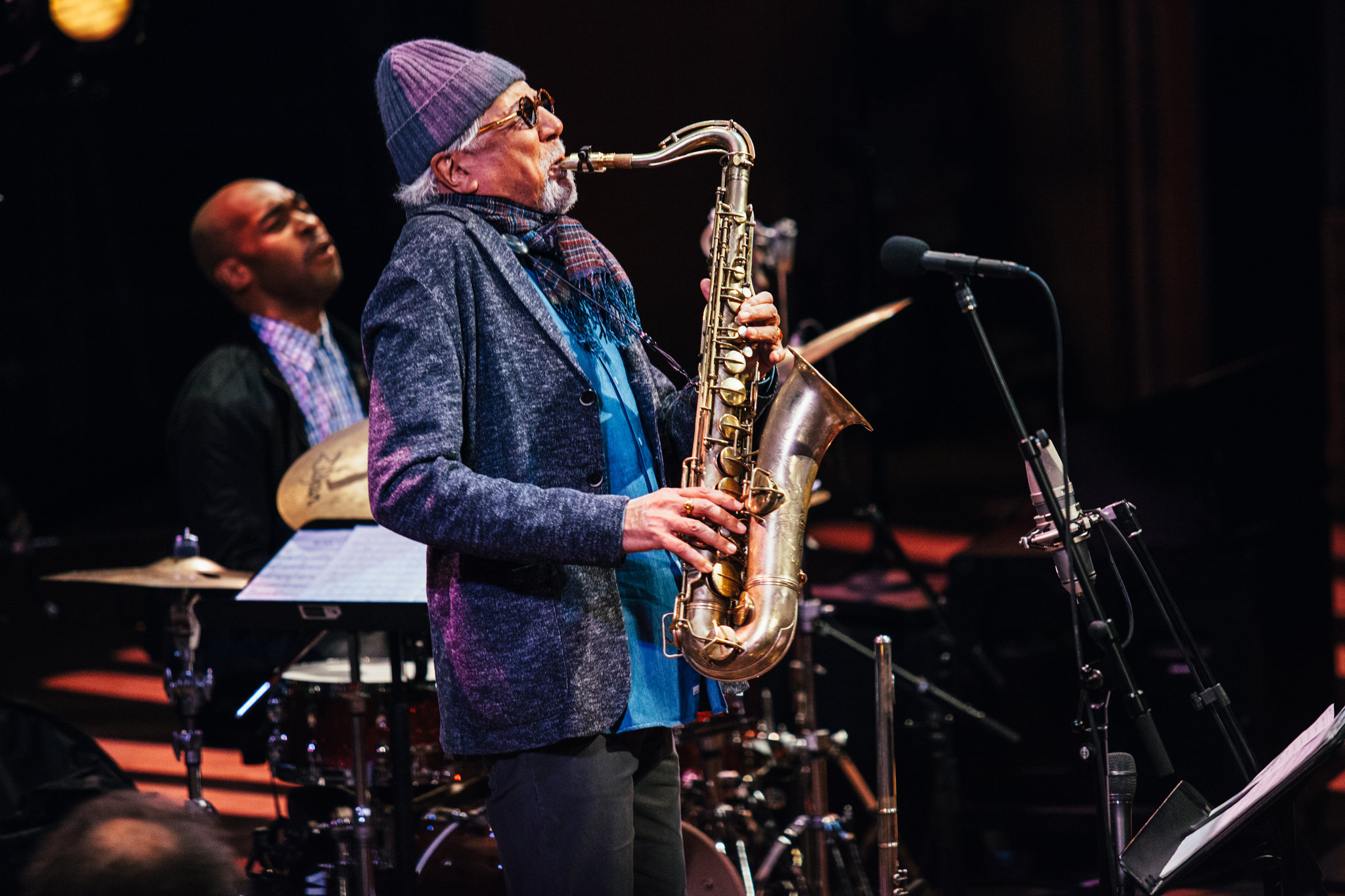Charles Lloyd, the legendary jazz musician, has left an indelible mark on the world of music with his innovative approach and masterful performances. Here are 10 fascinating facts about this remarkable artist:
- Early Life and Beginnings: Charles Lloyd was born on March 15, 1938, in Memphis, Tennessee. Growing up in a city teeming with musical influences, he was exposed to jazz, blues, and gospel from a young age, laying the foundation for his future career.
- Multi-instrumentalist: Lloyd is renowned for his prowess on multiple instruments, including the tenor saxophone, flute, and tarogato (a Hungarian woodwind instrument). His proficiency across these instruments adds a rich dimension to his music, showcasing his versatility and depth as a musician.
- Innovative Fusion: Lloyd is celebrated for his pioneering efforts in blending various musical styles, including jazz, classical, world music, and even elements of rock. His willingness to experiment with different genres has led to the creation of uniquely captivating soundscapes that defy traditional categorization.
- Mentorship by Phineas Newborn Jr.: In his formative years, Lloyd received invaluable guidance from the esteemed jazz pianist Phineas Newborn Jr. This mentorship played a significant role in shaping Lloyd’s musical sensibilities and nurturing his burgeoning talent.
- Trailblazer of the 1960s: During the 1960s, Charles Lloyd emerged as a prominent figure in the jazz scene, captivating audiences with his innovative compositions and electrifying performances. His albums, such as “Forest Flower” (1966), achieved widespread acclaim and helped redefine the landscape of contemporary jazz.
- Milestone Collaborations: Throughout his career, Lloyd has collaborated with an array of esteemed musicians, including jazz icons such as Miles Davis, Ornette Coleman, and Cannonball Adderley. These collaborations not only showcased Lloyd’s ability to adapt to diverse musical contexts but also underscored his stature within the jazz community.
- Eastern Influences: Inspired by his travels and encounters with Eastern philosophy and spirituality, Lloyd incorporated elements of Eastern music into his repertoire. His explorations of modal improvisation and meditative themes imbue his music with a transcendent quality that resonates deeply with audiences.
- Reclusive Period and Comeback: Following a period of relative seclusion in the 1970s, Lloyd made a triumphant return to the spotlight in the 1980s, reinvigorating his career with a renewed sense of purpose and creativity. His resurgence was marked by critically acclaimed albums and captivating live performances.
- Grammy Recognition: Lloyd’s contributions to the world of music have been recognized with numerous accolades, including Grammy nominations and awards. His album “Forest Flower: Live at Monterey” earned him the Grammy Award for Best Jazz Performance in 1967, cementing his place as a preeminent figure in jazz.
- Enduring Legacy: As he continues to perform and record into his later years, Charles Lloyd’s legacy remains as vibrant as ever, inspiring new generations of musicians and captivating audiences around the globe. His unwavering commitment to artistic exploration and boundary-pushing creativity ensures that his influence on the world of music will endure for years to come.


No responses yet